Somabula farmer’s bumper harvest during drought

Patrick Chitumba, Midlands Bureau Chief
THE climate proof Pfumvudza/Intwasa programme has emerged as the nation’s hope for food security after an erratic 2021-2022 rainy season.
More families across the country have food security after adopting the Government driven concept.
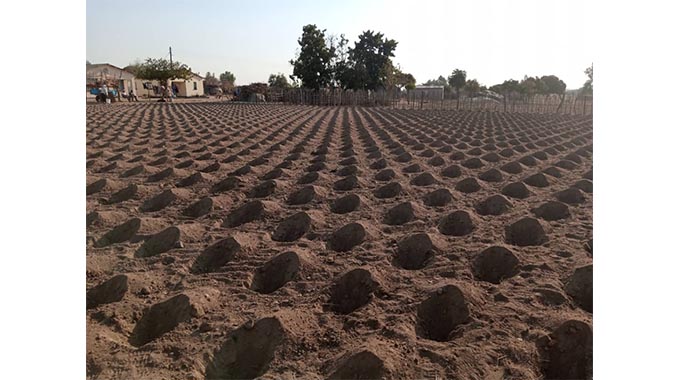
Intwasa scheme
For Mr Henry Chisaku (51) from Stains farm, Ward 19 in Somabula — climate proof farming is this season gave him more returns or tonnes per hectare, compared to conventional farming.
His slogan is “Pfumvudza/Intwasa all the way” from this season going forward.
Mr Chisaku, a father of three said he started taking farming as a business in 2019 when he was allocated 50 hectares of land in Somabula area.
As a sign of his maturing in agriculture, Mr Chisaku’s 2021/2022 maize got special recognition resulting in a Pfumvudza/Intwasa and Livestock field day being held at his farm recently.
The field day was graced by Professor Obert Jiri, chief director — Agriculture Advisory Services and Rural Development in the Ministry of Lands, Agriculture, Fisheries, Water and Rural Development.
The field day ran under the theme: “Increasing production and productivity in drought-induced eco-systems through the adoption and adaption of the Pfumvudza/ Intwasa concept and becoming food, nutrition and financially secure through Livestock Production”
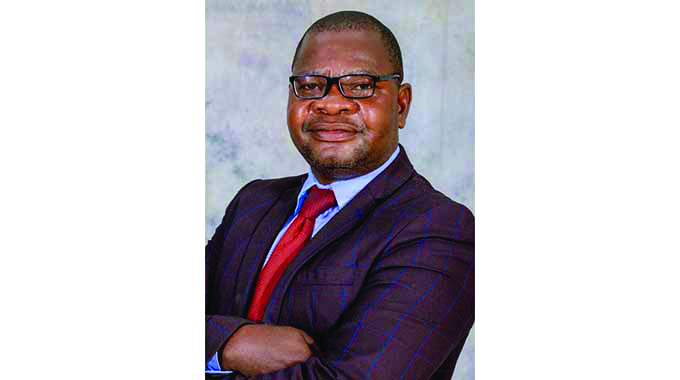
Ministry of Lands, Agriculture, Fisheries, Water Climate and Rural Development chief director Professor Obert Jiri
“When I got this 50 hectares of land, I saw a business opportunity. I started growing maize as the main crop and added soya beans, sugar beans, ground and round nuts and sweet potatoes. This 2021/2022 season I had 12 hectares under maize, two hectares ground nuts, one-hectare sugar beans, one-hectare soya beans. I also had four plots under Pfumvudza/Intwasa concept,” said Mr Chisaku.
He said the Pfumvudza/Intwasa plots were actually giving him more tonnes compared to the conventional farming concept.
“From the 12 hectares under conventional farming, I am getting four tonnes per hectare. Now compare with the four plots under Pfumvudza/ Intwasa. I am getting 1,5 tonnes per plot which is more effective. Remember the Intwasa plot is a 0,06-hectare plot or 39 metres by 16 metres and so it’s smaller than one hectare of conventional farming which is 100 meters by 100 metres and I am expecting four tonnes per hectare. From this summer season henceforth, I am going to be doing the Intwasa concept all the way,” said Mr Chisaku.
Mr Chisaku — who once joined the great trek to the United Kingdom where he stayed for eight years before returning home said his hard work although on a small-scale has now been recognised by the Government.
“In 2019 we were just starting working on the land and that saw us increasing production this 2021/2022 summer season. What made us outshine others was the level of preparedness I think in the face of erratic rains. We managed to feed our plots with cattle manure which is basically made up of digested grass and grain. Cow manure is high in organic materials and rich in nutrients,” he said.
“Under conventional farming, the 12 hectares had counter ridges which kept the moisture. On the four plots under Pfumvudza/ Intwasa, the plant had enough mulch and cattle manure to last the dry spells when most farmers lost their way when their crops started wilting. So that’s how I was recognised because of the good crop especially under Pfumvudza/ Intwasa to an extent that Agritex officers were happy with us.”
Mr Chisaku said the 2021/2022 season was quite an interesting experience in his career as a farmer.

Mr Henry Chisaku
“We didn’t get as much rain on time as we had anticipated. The reality of life is that we are in the era of climate change and the seasons are so unpredictable. We used little in terms of resources but the returns are so impressive as you can see,” he said.
Mr Chisaku — who is into mixed farming also has 200 head of cattle.
He said the 50 hectares of land he has is not enough for him to have all his cattle at one place at the same time.
“Already 20 hectares is under crop farming while about five hectares are for the homestead, the remaining 25 hectares are not enough to keep all the cattle and that has seen us renting space from other farmers in my areas,” said Mr Chisaku.
“My biggest challenge is land because 50 hectares with cattle is not enough. A single cow needs five hectares and for 200, I need 1 000 hectares.”
He said, in hindsight, if he had known that there is “bread” in the land — he would not have left for the UK in the first place.
“I have managed to support my family and my brick moulding business from farming. I have three children; Estina (27) Tarisai (24) and Makanaka (12). The first two are in Europe for further studies and the little one is at Midlands Christian College in Gweru.”
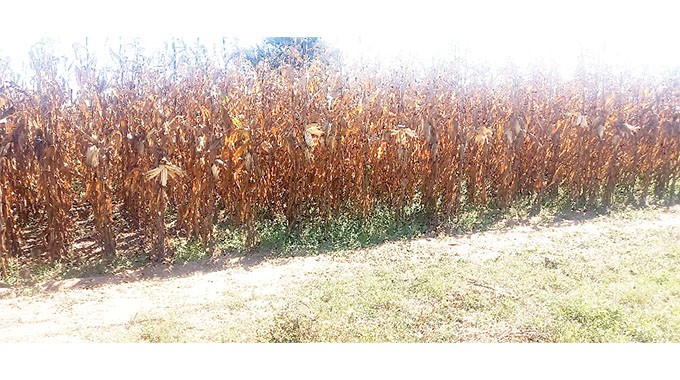
“I am 51 years old and at 60 years I should retire from brick moulding and stay at the farm. There are no hustles at the farm as it is just production after production. I have one farm manager and three employees who have their families,” said Mr Chisaku.
He said land is a hidden treasure which the previously marginalised Zimbabweans should have access to, for mining or farming.
“Land was a hidden treasure to us as the black people, but it’s where the wealth is. The whites knew very well and tried to keep it away from us. So we must be masters of our own destiny through proper use of the land and we can create employment on our own. People must embrace these Government programmes which are there to empower us,” said Mr Chisaku.
Professor Jiri said the country is prepared to cover up for the national grain deficit this season.
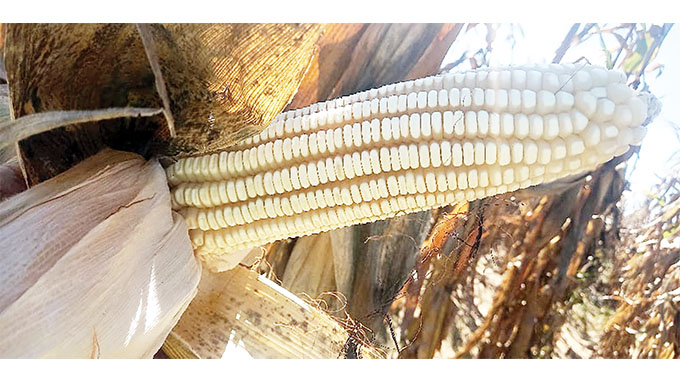
“We are anticipating 1,4 million tonnes of maize from our farmers. This gives us a deficit of around 350 000 tonnes for the national requirements. As I am speaking to you right now we have made modalities to make the importation of such grain a success. I want to assure the nation that we intend to increase climate proof agriculture to three million households this season. What is of importance is that we are going to deviate and ensure that we give people the inputs that are based on research on the land available as well as the climatic conditions in that area,” he said.
Professor Jiri commended farmers like Mr Chisaku who are embracing Government programmes such as Pfumvudza/Intwasa saying such farmers are pro-development.
“The Government’s climate proof Pfumvudza/Intwasa programme has proved to be a game changer in the country’s agriculture revival strategy in the face of recurrent droughts,” he said.

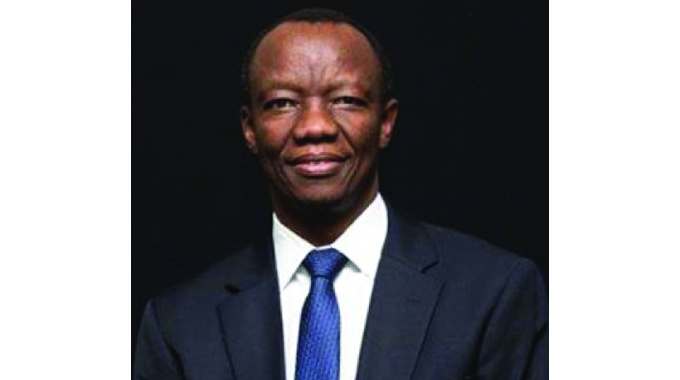










Comments